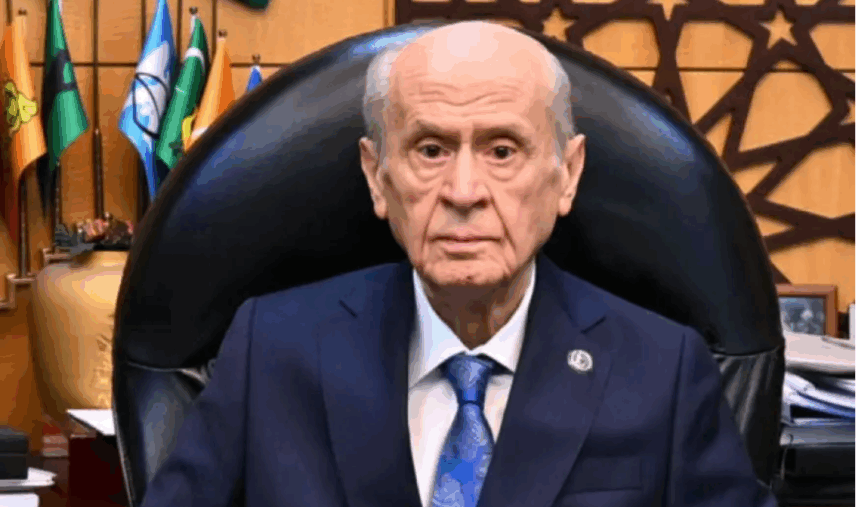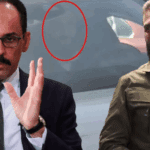Devlet Bahçeli, leader of Turkey’s far-right Nationalist Movement Party (MHP) and a key political partner of President Recep Tayyip Erdoğan, has ignited widespread debate after proposing that one Kurdish and one Alevi figure be appointed as vice presidents—an unexpected suggestion from a figure known for his traditionally nationalist views.
Bahçeli’s proposal was first shared during a closed-door meeting of the MHP’s central executive board on July 18 and later confirmed in a written statement released on Monday. He framed the idea as a way to help heal Turkey’s long-standing ethnic and sectarian divisions, stating that the time had come to strengthen national unity through inclusive representation.
“Alevis are our people, Kurds are our people. We are all together the Turkish nation,” Bahçeli said, adding that he would not retreat “even one step” from the proposal.
The suggestion is seen as a notable departure from the MHP’s historical stance. The party has long opposed political accommodations for minority groups, including Turkey’s Kurdish and Alevi communities—each of which represents an estimated 15 to 25 percent of the population and has faced decades of political and cultural marginalization.
Context: Peace Process with PKK
Bahçeli’s remarks come as the Turkish government continues its renewed efforts to resolve the four-decade conflict with the outlawed Kurdistan Workers’ Party (PKK). These efforts gained momentum in October 2024 when Bahçeli publicly called on imprisoned PKK leader Abdullah Öcalan to urge the group to disarm.
In February 2025, Öcalan issued a message encouraging the PKK to lay down its arms. On July 11, a group of 30 PKK members held a public disarmament ceremony, marking a symbolic step in the peace process. President Erdoğan later signaled that new legislation to support reconciliation was underway.
Mixed Reactions Across the Political Spectrum
Bahçeli’s proposal has drawn varied reactions. Tuncer Bakırhan, co-chair of the pro-Kurdish Peoples’ Equality and Democracy Party (DEM Party), responded by questioning why the proposal stops at vice presidencies. “Why shouldn’t the president be Kurdish as well?” he asked, emphasizing that all identities in Turkey deserve equal representation at the highest levels of leadership.
Others raised concerns that the proposal resembled Lebanon’s sectarian-based political system, where top government posts are distributed by religious affiliation. Bahçeli firmly rejected that comparison, stating: “Linking this proposal to Lebanon is a misrepresentation and a deliberate attempt to twist a sincere idea. No one will turn Turkey into a country of instability and division.”
Earlier this month, President Erdoğan also praised the PKK’s disarmament move as a “national victory,” highlighting the shared interest of all communities—Turks, Kurds, and Arabs—in building a unified future. His comments fueled speculation about whether Turkey might be considering a more inclusive governance model in the wake of the peace talks.
While Bahçeli’s proposal does not entail any formal constitutional change, it has intensified public discussion about the future of representation in Turkey’s political system. Neither President Erdoğan nor officials from the ruling Justice and Development Party (AKP) have formally responded to the suggestion.



